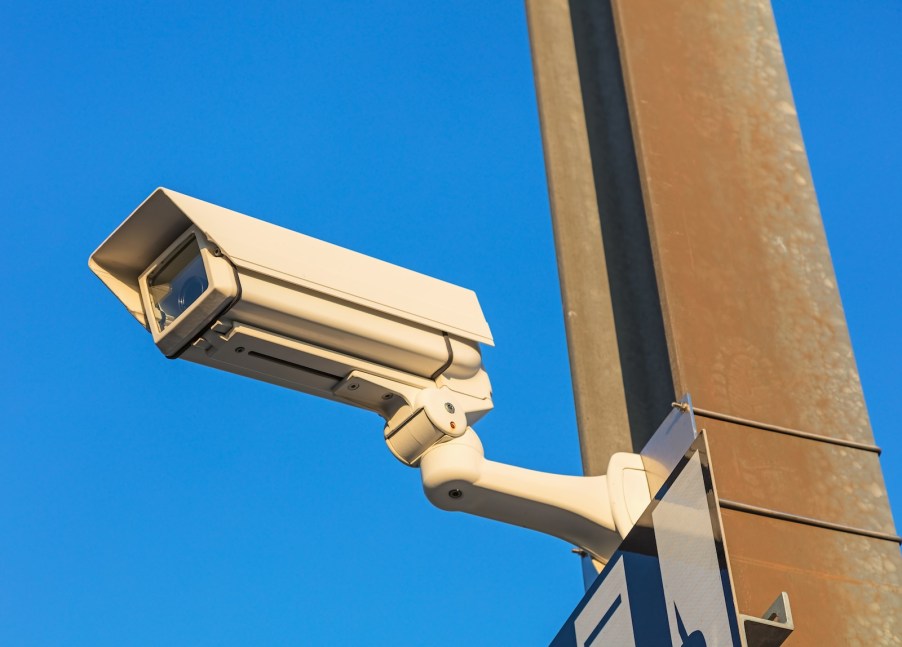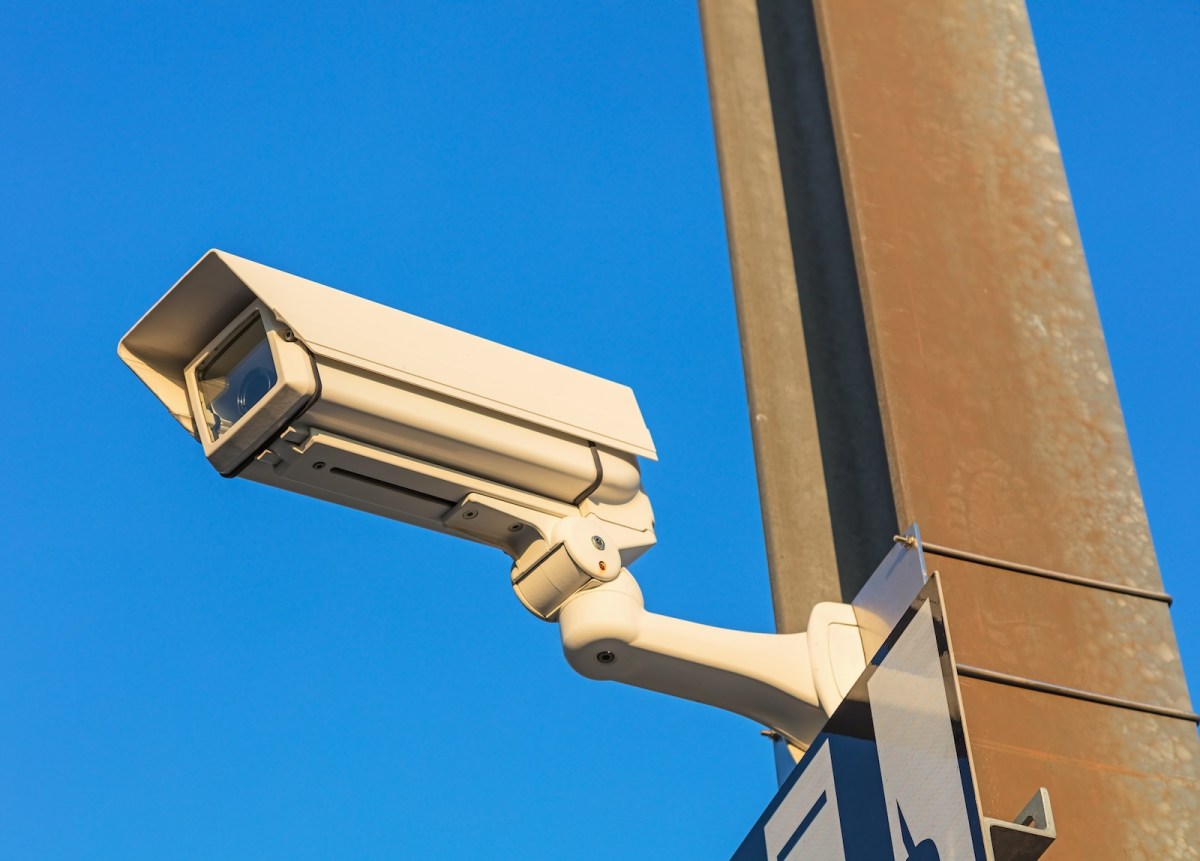
The state legislature OKed speed cameras in 2020, but now worries towns are using them as a “cash grab”
I believe lawmakers don’t write laws to be enforced 100% of the time. For example: a 65-mile highway speed limit is a tool that police officers can use to ticket drivers who are driving too fast in fog or on a wet road–urging them to be safer. But let’s say the same police officer spots a safe driver on a clear day accelerating to five miles over the limit during a pass. They may choose to let them go free. Of course, this requires a human enforcer who knows the difference. Speed cameras ticket every driver indiscriminately. While some Virginia towns have embraced them, state lawmakers have called the tactic a “cash grab.”
The Virginia General Assembly allowed the cameras in 2020. But now House Transportation Committee Chair Karrie Delaney worries “profit policing” threatens “public trust for the program.”
“I think that in order for us to promote a program, to enhance a program [and] increase access to a program that can be used for safety, and to help keep people safe on the roads, we need to make sure that we are putting in place the guardrails that are necessary to ensure that this is not a profit policing program and that there is no incentive to use these cameras to drive up revenue for localities.”
–Karrie Delaney (D, Fairfax County VA)
Delaney isn’t against the cameras. She knows they are a cost-saving measure and may protect pedestrians. The lawmaker said her goal is to “give localities the option to increase programs that could improve safety in their communities.” She just believes the 2020 bill didn’t have enough guidelines. And she’s not alone.
Virginia government fights “profit policing” with cameras
Holly Seibold introduced House Bill 2041 with exactly those guidelines. When a town implements a new camera—in a school zone or construction site—it must also put two warning signs within 1,000 feet on each approaching road. One of these signs must monitor vehicle speeds and flash if they are moving too fast. That’s not all. For the camera’s first 30 days, the department can’t ticket drivers. It can only send warnings.
Seibold said, “We’re really trying to get the change in behavior, change in driving habits versus making any money off of these cameras.”
On Tuesday, February 4, the bill passed in Virginia’s House 55 to 45. Next, it goes to the Senate, then to the Governor. Perhaps this state–which has a Latin motto promising death to tyrants–will be the first to stand up to our robot overlords. Let’s hope Virginia embraces the shift and the rest of the country follows the Old Dominion state’s lead.

















































